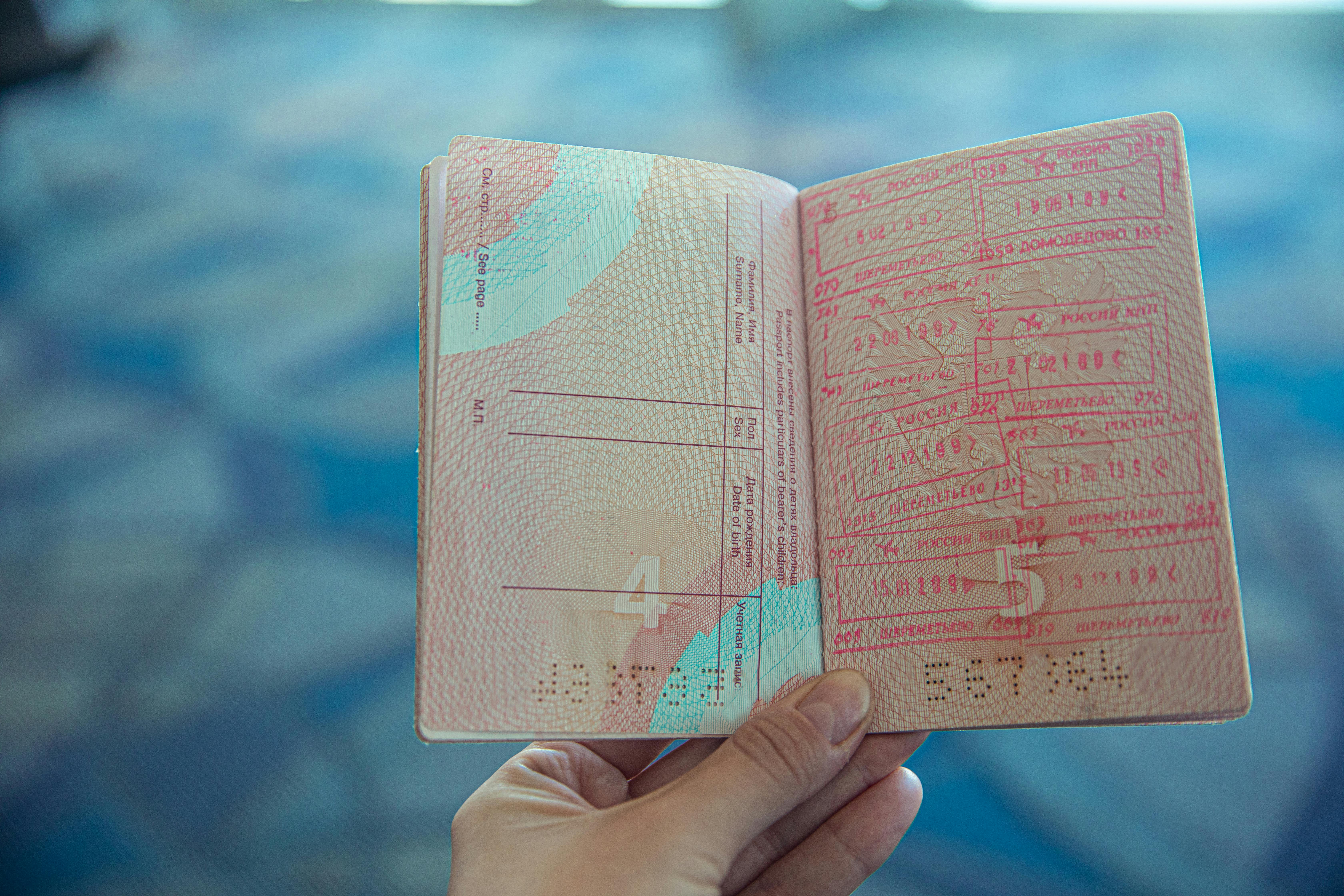
Introduction
The U.S. Embassy in India has implemented a significant change concerning the visa application process, particularly concerning social media accounts. Non-resident visa seekers must now disclose all social media handles used in the last five years when completing the DS-160 application form. This requirement aims to enhance security and transparency within the immigration process.
Understanding the New Rule
As per the updated guidelines by the U.S. Embassy, all applicants are required to list their usernames and handles for various social media platforms. This includes:
- X (formerly Twitter)
- TikTok
- YouTube
It is crucial to note that this requirement applies to both active and passive accounts; any account utilized over the past five years should be documented. The rationale behind this extensive requirement forms part of the U.S. government’s enhanced security protocols. By collecting this information, authorities can assess potential threats and verify individual identities more effectively.
Consequences of Non-Disclosure
Failing to disclose this information can lead to severe repercussions for visa applicants:
- Immediate visa denial for not adhering to the disclosure requirement.
- Extended processing times due to additional scrutiny.
- Flagging of future visa applications, which may complicate any subsequent attempts to obtain a visa.
Inadvertently omitting social media identifiers may be interpreted as providing false information, potentially jeopardizing an applicant’s future opportunities for U.S. travel.
Why Is This Information Collected?
The collection of social media data is part of a broader strategy by the U.S. Department of State to bolster national security. Officials assert that social media activity serves as a tool to confirm individuals’ identities and identify any behaviors that could pose security threats. This practice reflects a global shift; immigration and border control agencies worldwide are increasingly utilizing public online data during background checks and vetting processes.
Steps for Visa Applicants
So, what should applicants do to ensure compliance with this new requirement?
- Review all social media accounts utilized over the past five years.
- Accurately list all relevant usernames as they appear on each platform.
- Do not omit platforms, even if little to no activity occurred. Each presence matters.
- Transparency is crucial; providing information is more favorable than leaving any accounts unreported.
Final Thoughts
This update serves as an essential reminder for visa seekers in India and globally. In an increasingly digital age, one’s online presence has become an integral aspect of personal identity. Truthfulness and transparency when filling out the DS-160 form are vital to ensuring a smooth visa application process.
For students, professionals, and travelers alike, adhering to this new policy is no longer optional; it is a necessary step toward securing U.S. visa approval. Staying informed and following updates from official sources can help applicants navigate the process more effectively and avoid potential pitfalls.
As the landscape of visa applications evolves, keeping abreast of such changes is critical. This will not only prepare applicants for their visa processes but also ensure that they remain compliant with U.S. immigration policies.
